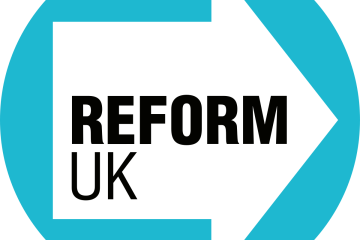The Influence of Navarro on US Legislation and Policy

Introduction
The topic of Navarro has garnered significant attention recently, particularly in relation to its impact on US legislation and public policy. As a prominent figure in current political discourse, understanding Navarro’s role and influence is essential for grasping the evolving landscape of American governance and the implications for diverse sectors.
Background on Navarro
Peter Navarro, a former advisor to President Donald Trump, played an instrumental role in shaping economic policy during his tenure. With a focus on trade and manufacturing, Navarro’s ideologies have sparked considerable debate among lawmakers, economists, and the general public alike. His staunch stance on protecting American industry from foreign competition remains a pertinent topic, especially as the United States seeks to navigate the challenges posed by a rapidly changing global market.
Recent Events and Discussions
In recent months, Navarro has re-emerged into the spotlight amid discussions surrounding issues of economic recovery post-pandemic, trade relations, and China’s growing influence over global supply chains. His recent interviews and public statements have once again triggered discussions about protective tariffs, particularly on Chinese goods, as well as the importance of fostering domestic production capabilities. Furthermore, recent reports suggest Navarro may be involved in upcoming political campaigns, further solidifying his influence within Republican circles.
Public Responses and Implications
Public reactions to Navarro’s proposals have been mixed. Supporters argue that his aggressive stance on trade is crucial for safeguarding American jobs and maintaining economic stability. Critics, however, express concern that his policies could lead to retaliatory measures from trading partners, potentially harming American consumers through increased prices and limited product availability. The relevance of Navarro’s viewpoints remains significant as lawmakers grapple with balancing free trade and domestic economic interests.
Conclusion
As discussions around Navarro’s influence continue to shape US legislative agendas, it becomes increasingly essential for citizens to stay informed about the broader implications of such policies. The ongoing debates on trade, economic recovery, and national security will likely define the political landscape in the upcoming years. Observers predict that Navarro will continue to be a key figure in Republican strategy, impacting future policy decisions that affect millions of Americans. Ultimately, understanding the importance of Navarro is crucial for anyone invested in the future of American economics and governance.









